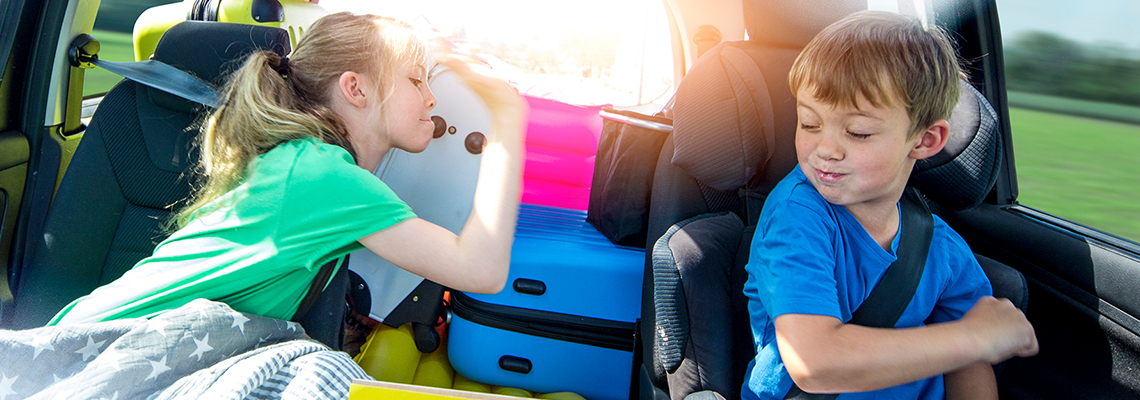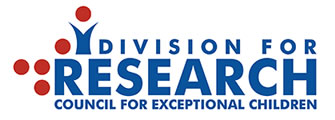
It had taken me months to be worn down to the idea of a puppy. I knew how much work a puppy would be. But they’d promised, “It will teach us responsibility,” they said. And, “we can learn to work together.” Now the day was finally here, car overfilled with anticipation and puppy supplies. As we pulled away from the humane shelter, cute puppy in toe, I glanced at their happy faces. Why did it take me so long to give in? I wondered silently. Within thirty minutes, the smiles had dissolved, and the competition began; “Who gets to hold the puppy’s leash during her first walk?” “Who will feed her when we get home?” Enough!! I am so sick of refereeing that I make everyone sit in silence. By the time we get home, everyone had lost the privilege to play with the puppy. How can such a happy event become ruined so quickly for the whole family?
In cars, kitchens, and living rooms everywhere across the world, scenarios like this one play out, leaving parents and children alike frustrated. Parents report being at their wit’s end as they struggle to manage sibling bickering and raise children who— if they can’t be the best of friends at this point in their lives— can at least behave civilly to one another.
Parents who work effectively with their children help them establish a more positive relationship with one another. Parental intervention enhances family harmony and allows them to manage the frustration they personally feel as they rear young siblings.
Below are observations and suggestions that have emerged from years of scientific study on parenting siblings:
- You’re not alone.
Sibling conflict is the most common type of family conflict there is. This is not surprising when we consider that children spend more time with siblings than with parents or friends.
- Siblings are not doomed to a life of conflict.
Parents can be effective agents for helping children to learn and use the types of skills that research has shown to be important ingredients of good sibling relationships. For example, parents can help children learn perspective-taking skills (“How do you think your brother/sister feels right now?) so that they can view a situation from their sibling’s point of view as well as from their own— skills that are essential for managing conflicts and other stressful encounters with siblings.
- It’s not just about birth order and age spacing.
Although it’s natural for parents to wonder if sibling conflict is due to differences in their children’s ages or gender, research has shown that what’s much more important are the social and emotional skills that children can use to interact positively with their sisters and brothers. And, unlike age and gender, this is something we can actually do something about—we can teach children how to use these skills to get along.
- All behavior tells a story—even those behaviors we want to see less of. What does sibling conflict reveal about your children?
Consider not only what your children are doing, but also, what they are not yet doing.Conflict is an indicator that the demands placed on siblings to coordinate their different views, needs, interests, and desires have exceeded their abilities to manage those differences.When parents reframe (such as “he/she wants your attention”) their understanding of these deeply frustrating behaviors from something children are purposely doing to annoy each other (or you!), to seeing them as signs that children need to learn new skills to manage their competing interests, change can happen.
- Children need your guidance.
Just like when you guide a child to line up the two sides of the zipper on their winter jacket and pull, you can coach your children to develop the skills they need to build a positive relationship. This includes teaching them to express their feelings and manage difficult emotions so that effective problem solving can occur. This type of supportive emotion coaching can reduce a lot of the frustration children often experience when they are left on their own to figure all this out. And, over time, you’ll feel less frustrated as well. But it takes practice to become an effective sibling relationship coach. Some resources on how to develop these coaching skills are provided below.
- Parents benefit when children learn to get along.
When children gain skills in managing difficult emotions and settling conflicts, parents benefit as well. In the More Fun with Sisters and Brothers Program, parents of children who improved the most from the program reported being better able to regulate their own emotions. Although we don’t know for sure whether parents reported being better able to manage their own difficult emotions because they learned new skills along with their children, or because their children now needed less help to get along, we do know that parents became less stressed. And when parents are less stressed, they are better able to respond in sensitive and effective ways when their children need their help.
- It’s important to realize when you need additional support.
When sibling conflict becomes physically or emotionally harmful, it’s important to immediately seek professional support. Sibling bullying or abuse is not normal. You can find help here.
- Building a positive relationship is a long-term process.
Be patient, but consistent and persistent. Change takes time.
So bring home that new puppy. But before you do, discuss with your children how, in addition to fun, there will be hard work and maybe even some friction as they work together to take care of it. Help them anticipate some of the challenges that might arise and how they will work those out. Role play how they will talk with one another if resentments emerge or tempers flare. But most of all, help them to imagine how, together, they will have a lot of fun which builds a positive relationship!
Resources
- The More Fun with Sisters and Brothers Program (Kramer, Northeastern University and the University of Illinois)
- Siblings Are Special (Feinberg & McHale, Pennsylvania State University)
- Emotion Coaching: The Heart of Parenting (Gottman, The Gottman Institute)
Kramer, L., & Hamilton, T. (January 24, 2019). The frustrations of parenting siblings: Strategies for keeping your cool. Retrieved from https://infoaboutkids.org/blog/the-frustrations-of-parenting-siblings-strategies-for-keeping-your-cool.
















